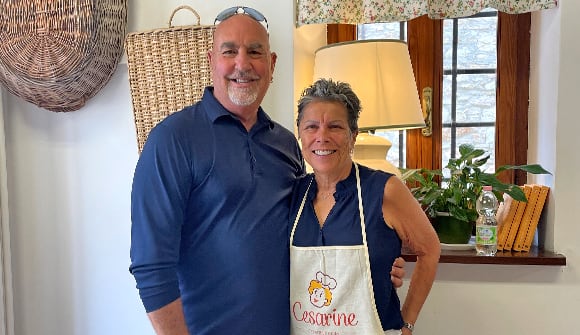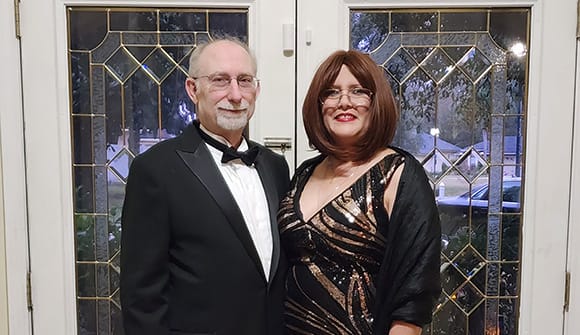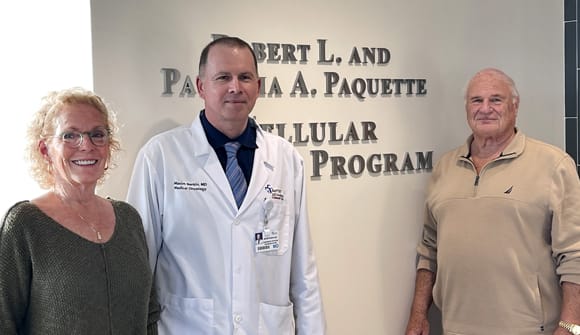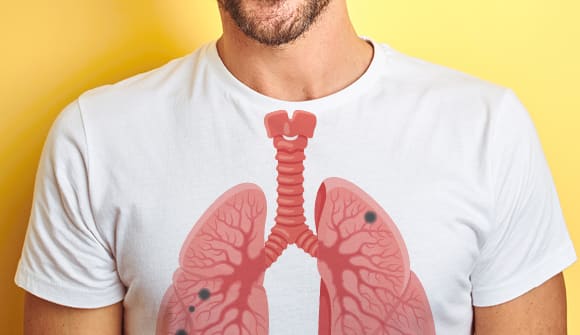Can you prevent cancer?
What you can do to lower your risk.
Article Date:

A simple search online reveals plenty of articles with lists of potential signs and symptoms of cancer. For example, the American Cancer Society, which is a trusted source, offers the following tips:
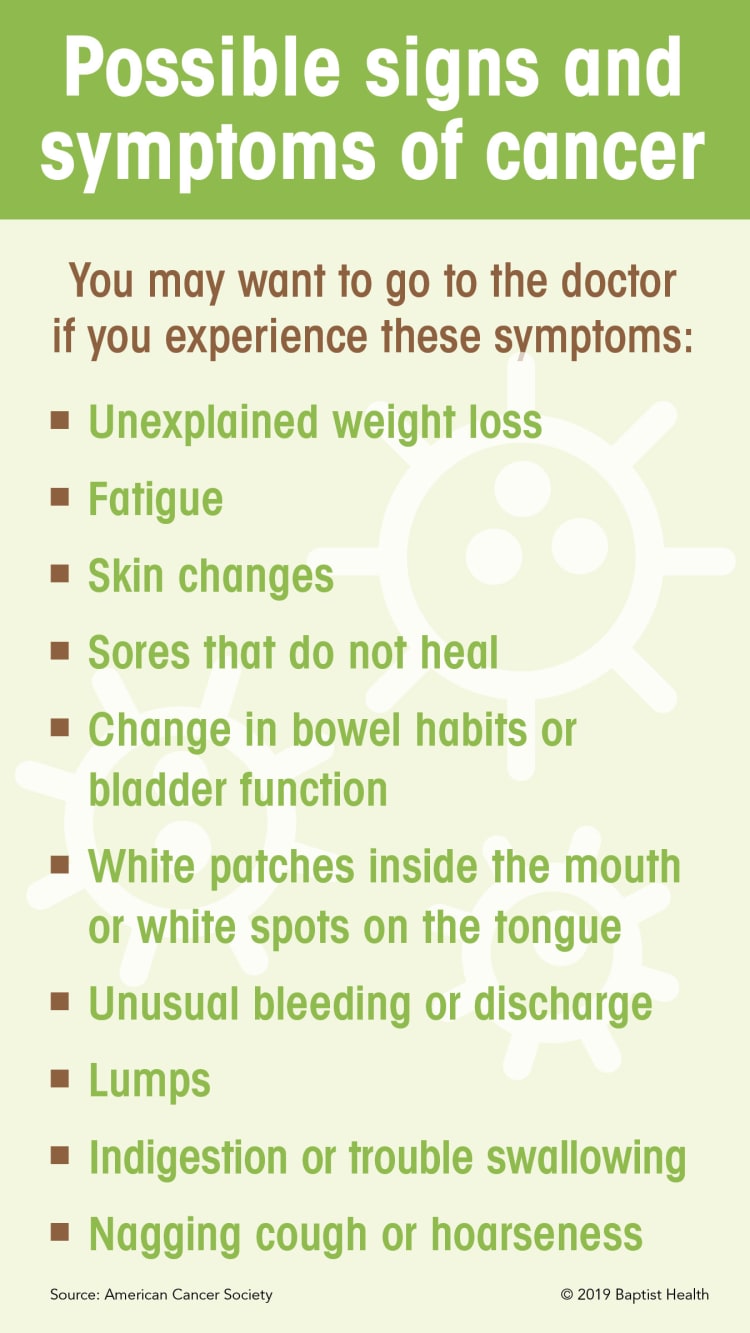
How to lower your risk of cancer
It can be scary to read through this laundry list of symptoms, and anyone experiencing these concerns should talk to their primary care physician.
But, you don’t need to panic: There are steps you can take to significantly decrease the chance of getting certain cancers altogether. There are also things you can do to detect cancer early, before symptoms develop.
Be proactive, not reactive
It all comes down to taking a more proactive approach to your health and well-being.
“We hope to catch many cancers before the patient has symptoms through appropriate screening tests because, in general, that means we’ve detected them at an earlier stage, and the cure rate will be higher,” said Christopher Pezzi, MD, FACS, former surgeon-in-chief and head of surgical oncology at Baptist MD Anderson Cancer Center. “It’s even better for you to take steps to help prevent getting cancer in the first place.”
According to Dr. Pezzi, you can reduce your cancer risk through preventive measures such as:
- Avoiding smoking to reduce the risk of lung, kidney, bladder, head and neck, and other cancers.
- Avoiding sun exposure and tanning beds to reduce the risk of skin cancers.
- Getting screened for colorectal cancer starting at age 45 to remove precancerous polyps and prevent cancer from developing.
- Getting yourself and your children vaccinated against human papillomavirus (HPV) and hepatitis B. The former is the cause of most cervical cancers, many head and neck cancers and several other cancers in men and women, while the latter can cause cancer of the liver.
- Avoiding excess body fat/obesity. Carrying excessive weight increases the risk of post-menopausal breast, uterine, colorectal and pancreatic cancers.
- Limiting alcohol consumption. Although the American Cancer Society discourages consuming alcohol, it advises men who choose to drink it to limit their daily intake to two drinks and women to one drink.
- Exercising regularly.
- Maintaining a healthy diet. A well-rounded diet is beneficial to your health and reduces your overall cancer risk.
- Considering genetic testing. If there is a strong history of cancer in your family, ask your doctor if genetic testing is appropriate for you, and how your family history of cancer might change how you should be screened. Genetic testing has become less expensive in recent years and is often covered by insurance plans.
Schedule routine screenings
It’s not unusual for people to learn they have cancer without ever having symptoms, and cure rates are higher the earlier cancer is detected.
This is why routine exams like mammograms, Pap smears, HPV testing, colorectal cancer screening and prostate-specific antigen (PSA) blood tests are so important.
Raise your health voice
If you do experience any symptoms and they last for more than two to three weeks, Dr. Pezzi advised talking to your primary care physician because symptoms of cancer generally persist or worsen over time. Some, like unexpected bleeding, need to be reported right away.
“There are going to be a lot of false alarms, but that’s OK. We would rather have someone tell their primary care physician about a symptom and not find cancer than have someone ignore symptoms and present with an advanced-stage cancer that is more difficult to treat,” Dr. Pezzi said.
If you have symptom that concern you, we can help
To find a Baptist Primary Care provider, call 904.202.4YOU (4968) or fill out the appointment request form. If you need a cancer specialist, call 844.632.2278 or visit baptistmdanderson.com
Source: American Cancer Society
